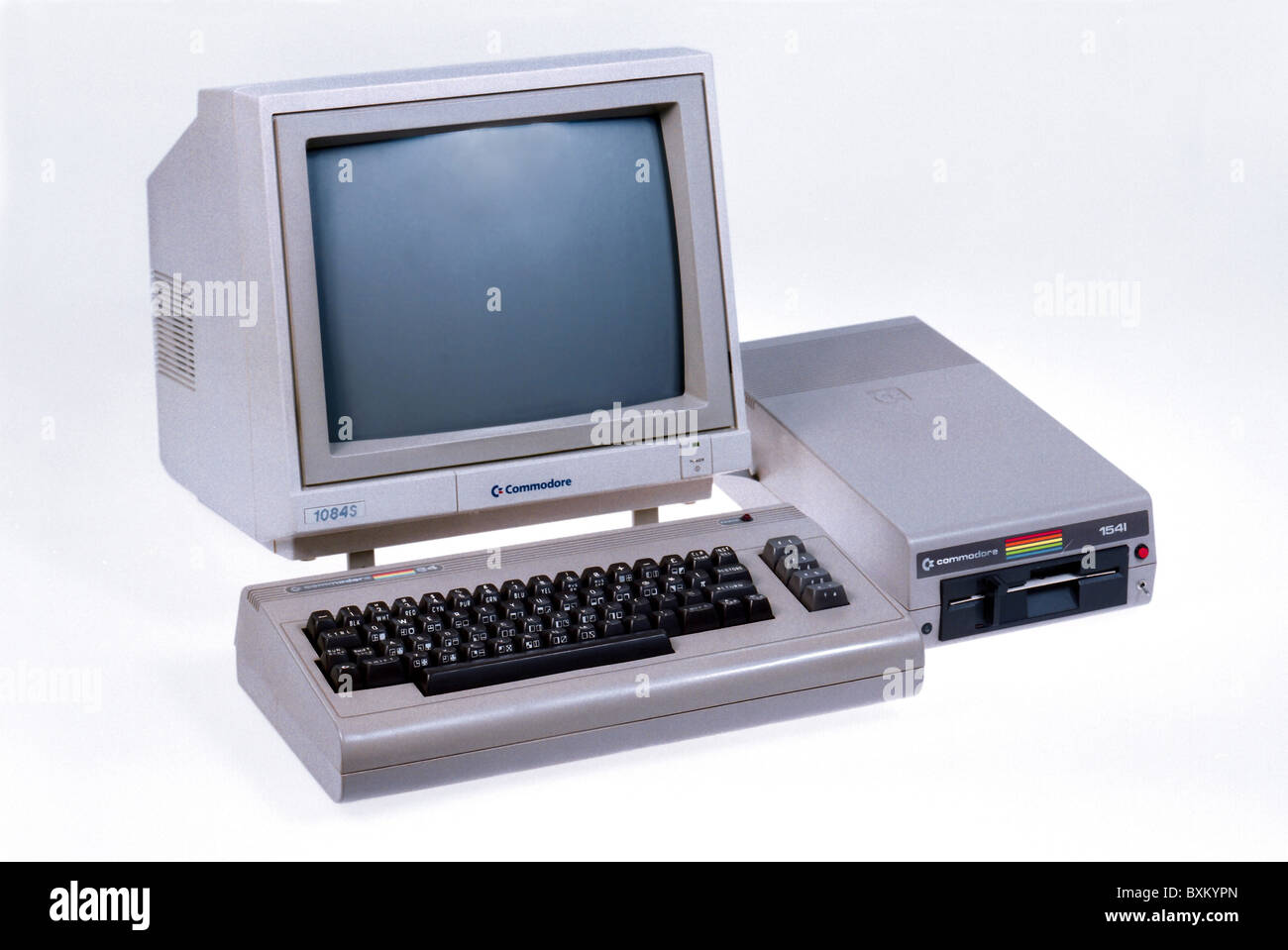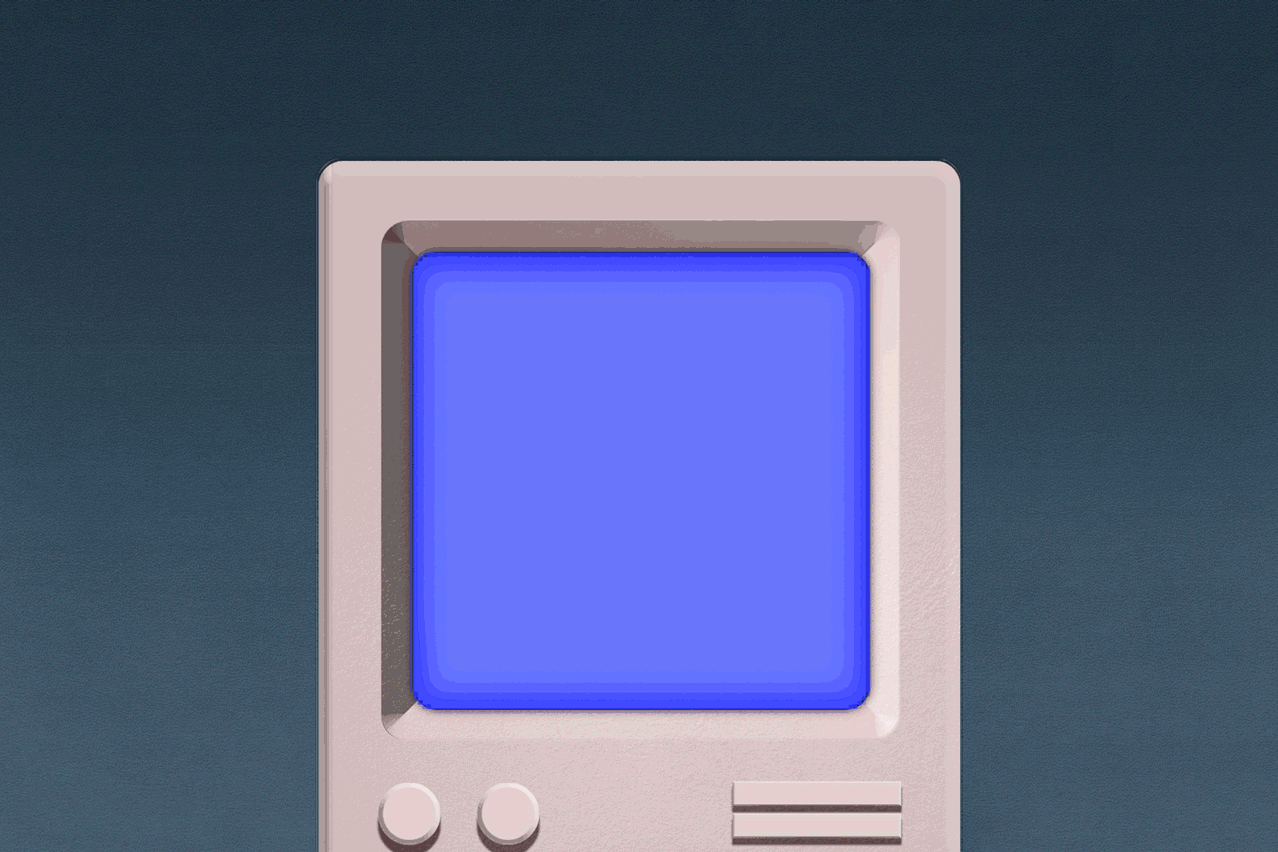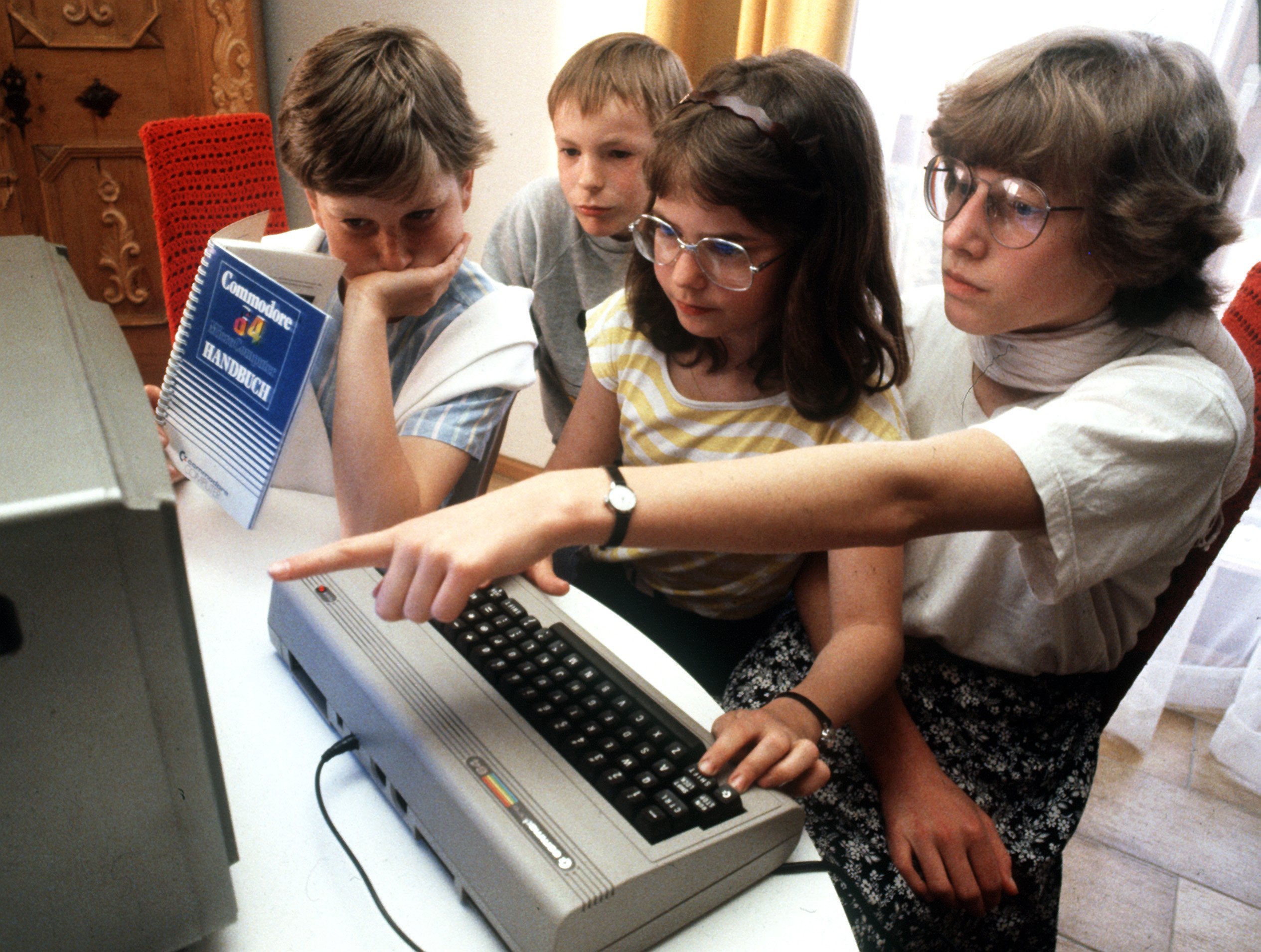Think back to a time when getting a computer at home was a really big deal, something new and exciting. It was, you know, a moment when technology truly started to become something personal, not just for big businesses or special labs. This period, particularly in the 1980s, saw a genuine shift, making these machines much more accessible to regular folks.
These devices, like the one often called the early home computer 80, truly began to change things for many people. It's almost as if a new kind of magic entered homes, offering a glimpse into what the future might hold. They were, in some respects, quite simple by today's standards, but their impact was, you know, incredibly profound for their time.
So, these early machines, which really took off in the 80s, were the first chance for millions to experience computing firsthand. They weren't just for, say, inventory control anymore; they were for hobbies, for learning, and for just plain fun. This era truly introduced affordable home computers to the wider public, allowing a vast number of people to try out this new kind of personal technology.
Table of Contents
- Early Sparks - The Beginnings of the Home Computer
- Who Were Some Early People Involved with the Early Home Computer 80 Era?
- The TRS-80 - A Special Early Home Computer 80
- What Made the Early Home Computer 80 So Popular?
- The Big Boom - Home Computers in the 1980s
- How Did the Early Home Computer 80 Change Daily Life?
- Beyond the Machines - The Joy of Puzzles
- Why Do We Still Remember the Early Home Computer 80?
Early Sparks - The Beginnings of the Home Computer
Even before the big explosion of personal computers in the late 1970s and early 1980s, there were, you know, some very interesting experimental efforts. As early as 1965, a few projects, like those involving Jim Sutherland, were already exploring what might be possible with smaller computing devices. These were, in a way, the first whispers of a future where computers wouldn't be confined to giant, air-conditioned rooms, but could find a spot in someone's personal space.
Computers themselves weren't exactly a brand-new idea in 1977, not really. They had been around for a while in different forms, mostly for business or scientific work. But the idea of a "home computer" was, in some respects, a fresh concept. It was about making these powerful tools something that ordinary people could have and use in their own houses, which was quite a shift from how things had been done before.
The period from 1977 to about 1995 saw the rise of what we call "home computers," a specific kind of microcomputer. During this time, it just made good business sense for manufacturers to build these smaller computers specifically for people to use at home. It was, you know, a turning point where the market began to see the potential in personal use, leading to a whole new wave of products.
Who Were Some Early People Involved with the Early Home Computer 80 Era?
It's always interesting to look at the people who helped kickstart these big changes, isn't it? The story of the early home computer 80 and its companions really involves some folks who saw the potential very early on. These individuals weren't just working with machines; they were, in a way, shaping how we would all interact with technology for decades to come, which is pretty neat to think about.
Don French's Early Experience
One person who played a part in this early scene was Don French. He was, as a matter of fact, a buyer for Radio Shack, which was a very successful chain of electronics stores in America, owned by a company called Tandy Corp. In 1975, he got himself an MITS Altair computer. He didn't just get it for fun, though; he used it for managing inventory, which shows just how practical these early machines could be, even then.
What's quite telling is that Don French became, you know, incredibly fond of this new piece of equipment. It wasn't just a tool for work; it became something he truly enjoyed. This kind of personal connection to the machine was, in some respects, a common thread among many of the early adopters and hobbyists who were drawn to these first home computers, almost like a new kind of fascination taking hold.
| Detail | Information |
|---|---|
| Name | Don French |
| Role | Buyer for Radio Shack (Tandy Corp.) |
| Year of Purchase | 1975 |
| Computer Purchased | MITS Altair |
| Initial Use | Inventory control |
| Personal Connection | Became very fond of the machine |
Mary Allen Wilkes and Home Computing
Even earlier than Don French's experience, there were people like Mary Allen Wilkes, who was working on the LINC computer right in her home back in 1965. This was, you know, quite groundbreaking for its time, showing that computing didn't necessarily need a dedicated, specialized environment. Her work really highlights how some of the very first ideas about personal computing were, in a way, explored by individuals pushing the boundaries of what was considered possible.
The fact that someone was working on such a machine at home so early on is, you know, a pretty clear sign that the idea of a personal computer wasn't entirely new when the big brands started releasing their models. It shows a kind of foresight, a glimpse into a future where these devices would become commonplace. Her efforts were, in some respects, a quiet but important step towards the widespread availability of the early home computer 80 and similar machines.
The TRS-80 - A Special Early Home Computer 80
When we talk about the early home computer 80, many people's minds often go straight to the TRS-80. This particular machine, often referenced in puzzles and discussions about early tech, was, you know, a pretty significant player in the story of home computing. It was one of those models that really helped bring computing into people's living spaces, making it feel a little less like science fiction and more like something you could actually own.
The TRS-80 was, in a way, quite special for its time. It was a machine that allowed users to display its output right on their home television screen, which was a really convenient feature. You just needed an adapter, and suddenly your TV became a computer monitor. This made it, you know, much more approachable for the average person who didn't want to buy a separate, expensive display unit.
In Britain, for example, about 50,000 of these machines were sold. They were, basically, purchased primarily by hobbyists, people who loved to tinker and explore new technologies. Interestingly, there was, you know, a long waiting list for these computers when they first came out, which really speaks to the excitement and demand that existed for an early home computer 80. People were, it seems, eager to get their hands on one.
What Made the Early Home Computer 80 So Popular?
So, what was it about machines like the early home computer 80 that made them so appealing to so many people? It wasn't just one thing, really, but a combination of factors that helped them gain a foothold in homes. They offered something new, something that promised a different way of doing things, and that was, you know, quite compelling for many who were curious about technology.
One big reason for their popularity was that they were, more or less, affordable. Before these models came along, computers were often very expensive, putting them out of reach for most families. But in the 1980s, the introduction of home computers at a price point that ordinary people could manage really opened the floodgates. This made it possible for millions to experience computing, which was, you know, a truly remarkable development.
They also provided a sense of personal control and interaction that was, in a way, revolutionary. Unlike the big, distant mainframes, these were machines you could sit down with, program, and play with right in your own house. This direct connection, this ability to experiment and create, was, you know, a powerful draw for hobbyists and curious minds alike, making the early home computer 80 a very personal item.
The Big Boom - Home Computers in the 1980s
The 1980s truly were the decade when computing and home computers really took off. It was a time of intense competition, with many companies trying to get a piece of this exciting new market. Every year, it seemed, new models were released, each trying to offer something a little different or a little better than the last. It was, you know, a very dynamic period for technology.
However, despite all the new models coming out, only a few of them became truly successful. This suggests that while there was a lot of innovation, it was also a challenging market to be in. The ones that did well, like the early home computer 80, managed to capture the public's imagination and offer a good balance of features and affordability. It was, you know, a sort of natural selection process in the tech world.
This period was about making computing accessible to the general public. It allowed millions of people to experience what it was like to have a computer at home, to learn how to use it, and to see its potential. This widespread adoption was, in some respects, what truly cemented the home computer's place in history, setting the stage for everything that came after it.
How Did the Early Home Computer 80 Change Daily Life?
It's interesting to consider how these machines, including the early home computer 80, began to alter the everyday routines of people. They weren't just a novelty; they started to weave themselves into the fabric of daily life in subtle, yet significant, ways. People found new ways to spend their free time, and even new ways to think about information and entertainment, which was, you know, a pretty big shift.
For many, these computers provided a new outlet for creativity and learning. People could write simple programs, play games, or even just learn about how the machine worked. This hands-on experience was, in a way, a form of mental stimulation, offering a fresh challenge for the mind. It was, you know, a very different kind of engagement compared to, say, watching television.
The early home computer 80 and its counterparts also started to lay the groundwork for future changes in how we work and communicate. While their initial impact on things like email or the internet was minimal, they got people used to the idea of having a personal device for information processing. This acceptance was, in some respects, a crucial step towards the fully connected world we live in today, setting expectations for what technology could do.
Beyond the Machines - The Joy of Puzzles
It's worth noting that the original context for discussing the early home computer 80 often comes from things like crossword puzzles. The act of solving puzzles itself offers, you know, a range of positive experiences. It provides mental stimulation, which is always good for the brain. There's also a real sense of accomplishment when you figure out a tricky clue, which feels pretty satisfying.
Beyond the mental workout, puzzles can also be a great way to learn new things. You might come across a word or a concept you weren't familiar with, like an early home computer 80, and then you look it up, expanding your knowledge. They can also be a source of relaxation, a quiet activity to unwind with. And for many, solving puzzles is a social activity, something shared with friends or family, making it, you know, a very rewarding pastime overall.
The fact that clues for the early home computer 80 are found in major publications like the NY Times, Daily Mirror, and Telegraph just goes to show how much these machines are a part of our shared cultural memory. These clues are, you know, regularly checked and updated, which means the information stays current for puzzle solvers. It's interesting how a piece of technology from decades ago can still be a part of our daily brain teasers.
Why Do We Still Remember the Early Home Computer 80?
So, why is it that we still talk about machines like the early home computer 80, even all these years later? It's not just because they pop up in crossword puzzles, though that certainly helps keep them in our minds. There's something about these particular devices that made a lasting impression, a kind of legacy that continues to resonate with people who lived through that time, and even those who didn't.
These early machines represent a pivotal moment in history, a time when personal technology truly began to take root. They were, in a way, the first step for many people into the world of computing, shaping their expectations and understanding of what computers could be. This initial experience was, you know, very formative, influencing generations of users and innovators who followed.
The early home computer 80, and others like it, helped democratize access to computing power. They proved that computers weren't just for experts or large organizations, but could be for everyone. This shift, this move towards personal and accessible technology, is, you know, a big reason why these machines are still remembered and celebrated today. They were, basically, the pioneers that paved the way for the digital world we experience now.
This article has explored the beginnings of home computing, looking at key figures like Don French and Mary Allen Wilkes, and focusing on the significance of the TRS-80, often referred to as the early home computer 80. We discussed what made these machines popular, how they changed daily life in the 1980s, and their continued presence in things like crossword puzzles, highlighting their lasting impact on technology and society.
Related Resources:



Detail Author:
- Name : Martin Funk I
- Username : malachi63
- Email : cindy11@daniel.net
- Birthdate : 1992-08-02
- Address : 22913 Langworth Springs Koelpinfort, WY 17694-7109
- Phone : 312.376.8907
- Company : Ritchie, Parisian and Renner
- Job : Personal Service Worker
- Bio : Sint dolore aspernatur commodi. Consequatur provident sit cumque corporis nisi. Voluptatem est sit non doloremque omnis.
Socials
linkedin:
- url : https://linkedin.com/in/corine5451
- username : corine5451
- bio : Animi ullam voluptatem autem qui unde ex modi.
- followers : 4746
- following : 2349
instagram:
- url : https://instagram.com/corine5513
- username : corine5513
- bio : Nobis hic similique et magni. Laudantium vitae aperiam qui. Quam et itaque dolores tenetur autem.
- followers : 5494
- following : 1004